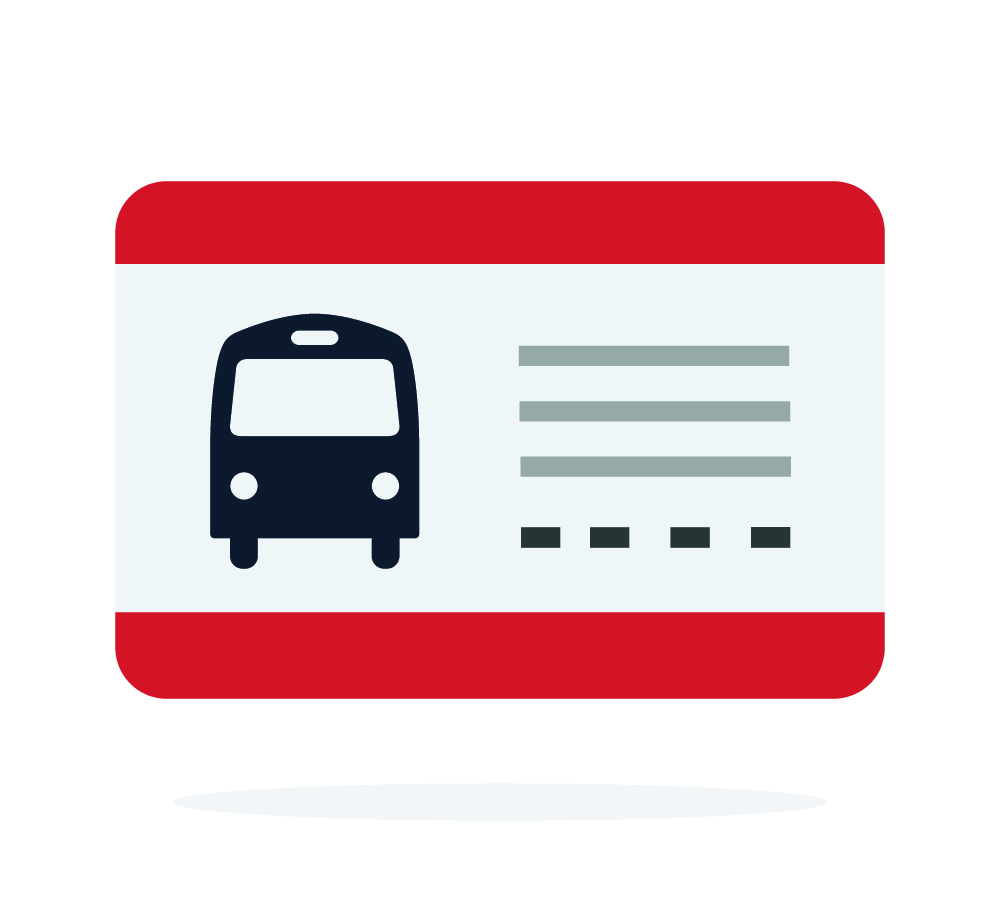
Presentation to the City of Winnipeg Council
Molly McCracken, Director, Canadian Centre for Policy Alternatives – Manitoba
October 24, 2019
The Canadian Centre for Policy Alternatives is a non-profit charitable research institute active Nationally since 1980 and in Manitoba since 1997. Our research is peer reviewed and adheres to the Government of Canada Tri-Council Human Research Ethical Standards.
Every year we work with over thirty community-based organizations and front line groups on the State of the Inner City Report. Last December we launched “Green Light Go: Improving Transportation Equity” by Ellen Smirl to hundreds at the Circle of Life Thunderbird House. Smirl interviewed people lived experiences and found severe transportation disadvantage in Winnipeg’s inner city. Low income transit options are a central solution to this problem.
We applaud Mayor Bowman, Councillor Gilroy and Council for moving forward on a Low Income Bus Pass and your leadership in working towards social inclusion for those in our community who are economically marginalized. This is key to the City Charter Act’s mandate to maintain the health, safety, and welfare of the inhabitants. It is a key plank in Our Winnipeg, the vision and guiding policy framework for the City of Winnipeg. Sustainable Transportation envisions a safe, efficient and equitable transportation system.
I am a member of Make Poverty History Manitoba’s Steering Committee, and we are pleased Council is working on a City poverty reduction strategy in response to thousands of Winnipeggers who stood together for the call of Winnipeg Without Poverty.
A low-income bus pass is a key, game-changing idea within an overall poverty reduction strategy. I also should note the idea has been around for many years from anti-poverty advocates and the Alternative Municipal Budget published by our office. We are very pleased you are moving forward today.
The increase to the cost of bus fares in 2018 made the bus too expensive for some low income Winnipeggers, who have to choose between food and other basic necessities of life and getting where they need to go. Today the reality in Winnipeg is that there’s a single mom who has to push her stroller with her small kids for blocks and blocks through the cold wind to the grocery store and home to save the $6 round trip for bus fare for milk. There’s a teenager who can’t go to school because his parents can’t afford the bus fare. There’s a worker who can’t get to a temporary day labour job because he can’t afford the bus fare to get there. Look around our streets – Winnipeggers are suffering from poverty and low income options for transit are needed today, right now, to alleviate suffering in our City.
We recommend Winnipeg City Council:
- Implementing the LIBP faster than the current schedule, at 50% in 2020 – 2021.
- We need a single fare option: 50% off on a $100 bus pass helps, but it is still too high. Many low income people don’t buy a pass but do single trips. We encourage single fares at a discounted rate as soon as possible. There should be an option for bus tokens be provided pro bono to community-based organizations who serve low income people and the homeless.
- The best practice is a sliding scale low income bus pass program as is the case in Calgary. We encourage the City to look further into this model ASAP.
- Free transit for children to age 11 is also being considered by City Council, we encourage you to raise the age to include youth up to age 18. The Manitoba Teacher’s Society named free transit as their second highest priority to support improved educational outcomes for low income children after in school breakfast programs.
- Improve access to transit by improving Transit Plus, prioritizing snow plowing around bus stops and improving service overall.
- None of the above should be done by cutting service, salaries or benefits of bus drivers and City of Winnipeg support staff.
- The current proposal has a requirement to reapply every year. We encourage the City to use an approach that is easy for households to requalify for a low income bus pass. Low income people have to jump through many hoops, as we found in our report “It Takes All Day to be Poor”.
- Currently the evaluation process as stated in the Stakeholder Engagement Process is with users of the LIBP only. A thorough process to evaluate the LIBP by talking to both those who use it, and those who are low income and aren’t using it should be adopted.
CCPA Manitoba and Make Poverty History Manitoba, along with our allies Functional Transit Winnipeg continue to call on the Province of Manitoba to do its part and restore the 50/50 funding agreement for Winnipeg Transit. We are pleased to see you will be approaching the province to contribute its part of the EIA portion of the low income bus pass costs.
The reduced-fare pass currently proposed is a good first step to help some people with low incomes get around Winnipeg to participate in the life of the community. I offer the above points as constructive feedback to improve upon it. Thank you for your attention.


